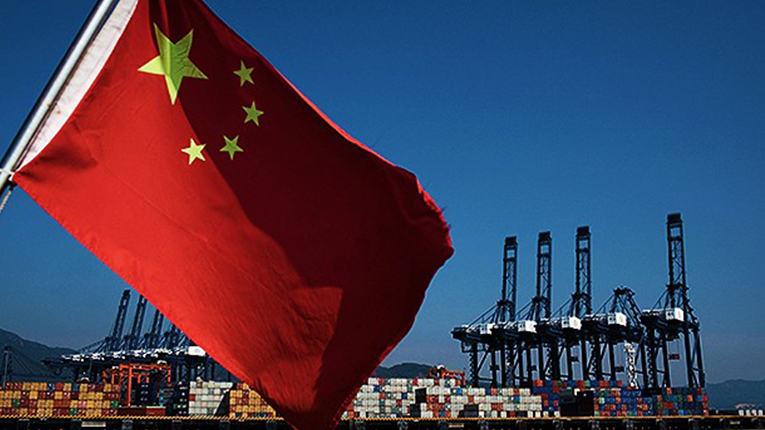
Breaking China
This post was originally published in the Washington Business Journal’s WBJBizBeat Blog. | Washington Business Journal
Something seems to be occurring behind the scenes of China’s economy. In June, the Chinese central bank allowed interest rates to spike before quickly reversing course.
In mid-July, the central bank scrapped some controls on interest rates, allowing banks to price loans without central bank interference. This policy allows Chinese banks to compete on loan pricing, which some analysts believe could lower lending rates.
As China’s economy decelerates to a level not seen in two decades, lower rates could help revive the economy. Presumably, this will encourage more lending to private companies without government interference that has favored lending to large, state-owned companies.
This is a first step away from a government focused on an infrastructure-built economy to a more self- sustaining economy. Government controls on interest rates and a ceiling on deposits meant large banks could lend with significant profit margins and cheap rates to big companies, leading to projects in rails, roads and airports.
Investment was 48 percent of Chinese GDP in 2011, a sizeable percentage compared to most countries. Zhang Gaoli, a deputy to Premier Li Keqiang, recently called for measures to support exporters, technology firms and small-to-mid-size businesses in an effort to boost growth.
At the same time that China is trying to jump-start its economy and implement reforms, inflation has picked up. In June, inflation bounced to a four-month high, 2.7 percent. This was an increase over May’s 2.1 percent rate. These consumer inflation numbers are occurring despite falling producer prices. The June producer price index fell for the 16th consecutive month, demonstrating an underlying weakness in the economy and the potential for deflation.
Investors should expect continued volatility with downside risk as the Chinese economy tries to engineer growth while implementing reforms. A slowing China has negative impacts on the global economy and, potentially, on companies who have bet a significant portion of their future growth on China. China is no longer on the one-way track it has been on for the past 20 years.
Read more: Breaking China



